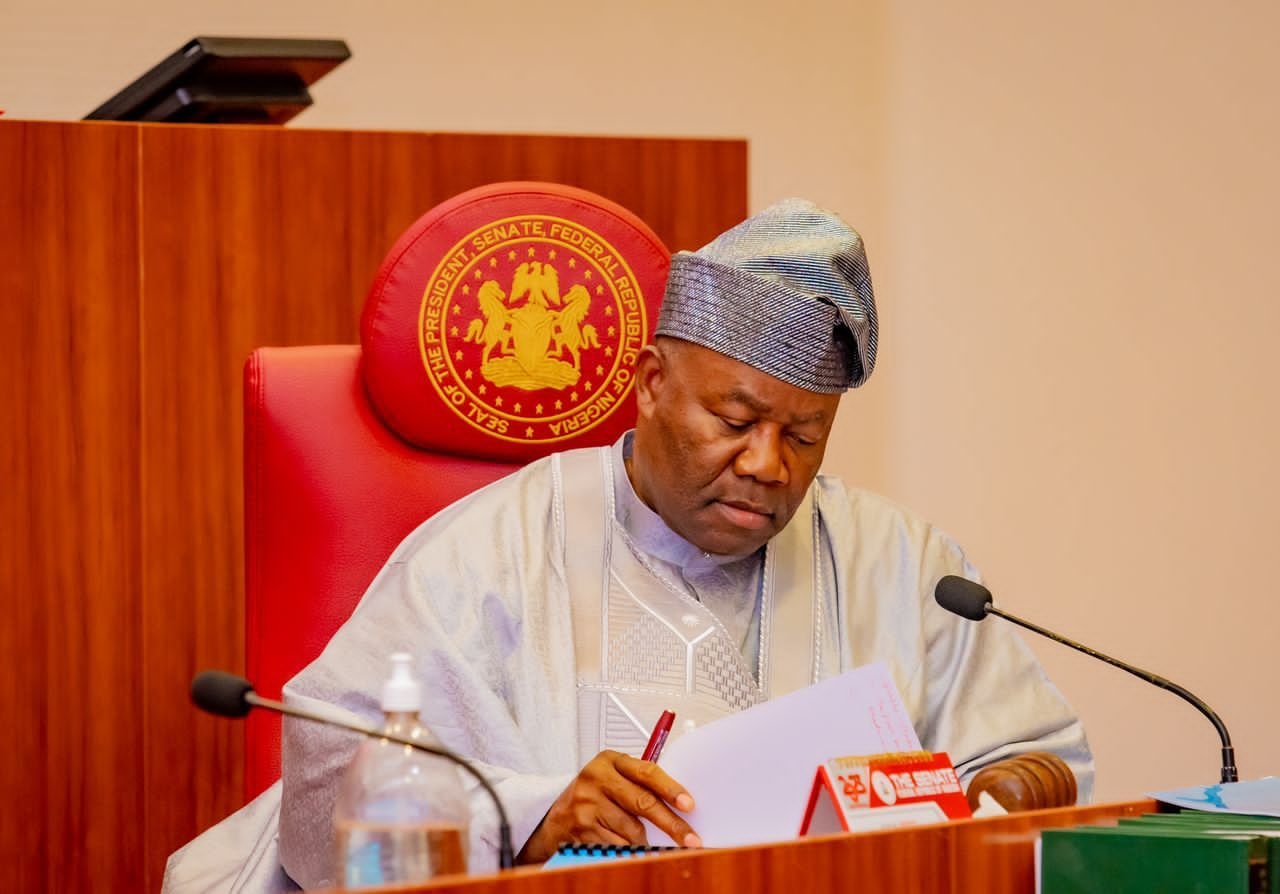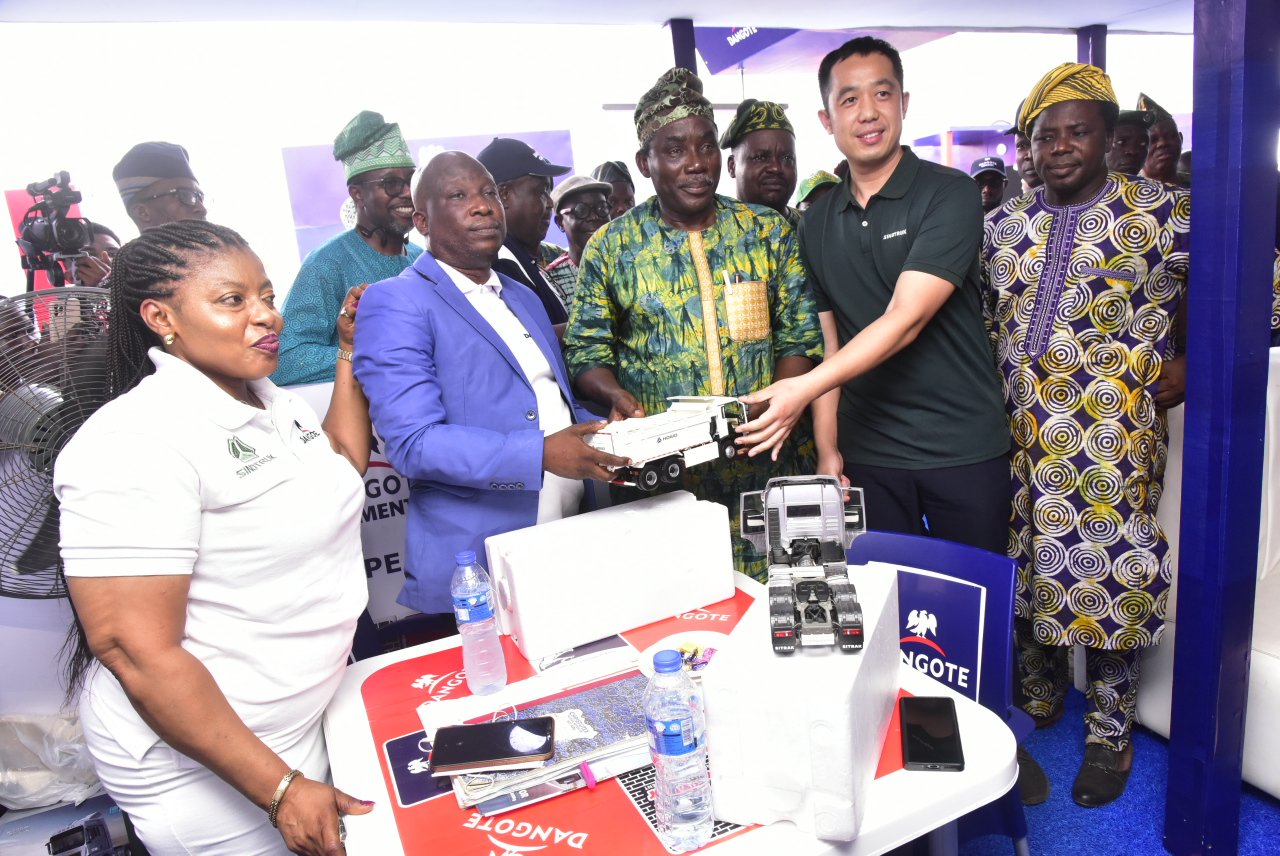OGONILAND: Don’t expect oil, gas production soon — Activist
By Eyo Nsima
In the past few weeks, the Nigerian Petroleum Development Company (NPDC), which took over the Oil Mining Lease, OML 11 from Shell had indicated interest to start production in the area.
But speaking at The Daily Africa Forum on, ‘Issues, Problems & Prospects of Producing Oil, Gas in Ogoniland’, he said: “The state of Ogoniland remains the same, without oil production since 1993 when Ogoni people, under the auspices of Movement for the Survival of the Ogoni People (MOSOP), led by the late Ken Saro-Wiwa stopped Shell from producing oil over alleged poor environmental practices, human rights violations and failure to accommodate the interest of the people.
“However, in August 2021, the Federal Government through the Nigerian National Petroleum Corporation (NNPC) and its subsidiary, Nigerian Petroleum Development Company (NPDC), started making moves to start oil production in Ogoniland. These latest moves followed the case won by the NNPC against Shell, which denied the latter of the renewal of its license covering Oil Mining Lease, OML 11 in the Federal High Court, Abuja.
“So, while the environmental clean-up following the United Nations Environment Program (UNEP) Report 2011 is implemented by the Hydrocarbon Pollution Remediation Project (HYPREP), a project of the Federal Ministry of Environment is still ongoing; some issues, including the killing of Ken Saro-Wiwa and eight others and the seizure of Ken Saro-Wiwa Memorial Bus, have not yet been addressed. Consequently, I, Fyneface Dumnamene Fyneface, as an Ogoni-born environmental Justice Activist, Human Rights Defender, and Executive Director of Youths and Environmental Advocacy Centre (YEAC), do not see oil and gas production resuming anytime soon in Ogoniland.”
State of Ogoniland
Commenting on the state of the area, he said: “An average Ogoni person is a farmer and fisherman. A few of those who belonged to the middle and higher classes are civil servants and politicians. However, the majority of Ogoni depends on the environment for farming and water bodies for fishing. But the environmental pollution in the area from decades of oil mining activities as well as those of some youths that were involved in artisanal crude oil refining have contributed to a significant reduction in these livelihood activities over the years.
“Crude oil and gas were discovered and production started in Ogoni in 1958. Before oil and gas production, the people enjoyed a quality life devoid of pollution, destruction of livelihood sources and food poisoning.
“However, if a day comes and the Nigerian government stops depending on oil and gas and embraces clean and renewable energy like its counterparts around the world, the Ogoni people, occupation, and livelihood, including those of other Niger Delta communities will gradually return to normal.”
Peoples’ reactions
Fyneface, who noted that the people of Ogoniland have reacted differently to the planned commencement of oil production, said: “There have been mixed reactions from the Ogoni people over plans by the NPDC to start commercial production in Ogoniland. The people are speaking in different voices. While a few are of the opinion that oil production should start and create jobs for the youths among others, the majority of the people, including me as an Ogoni activist is not in support of oil resumption, especially at this time because the issues that led to the discontinuation of oil production in the area needs to be addressed.
“Second, the Ogoni clean-up project needs to demonstrate advancement and clarity of achievements in environmental clean-up and restoration before any activity that would contribute to new pollution can be authorised. Many Ogoni leaders under different auspices, including the MOSOP, Gbo-Kabaari, Ogoni Council of Traditional Rulers as well as Youths and Environmental Advocacy Centre (YEAC), have all said that oil and gas production cannot start in Ogoni at this time but if that is required, the people should be consulted and engaged to seek and obtain their Free, Prior and Informed Consent (FPIC), among others.”
Expectations
On the peoples’ great expectations, the Activist, said: “There are no specific community expectations of the company in relation to its bid to assume oil production in Ogoniland. In fact, NPDC has not formally consulted with the Ogoni people or expressed its interest to start oil production. I heard that NPDC was in Ogoni in August and had a meeting with a Non-Governmental Organisation, NGO, that I do not want to mention its name and that does not imply a meeting with the Ogoni people.”
Challenges
Fyneface, who noted that some problems could be addressed, if appropriate steps are taken, said: “I envisage a lot of issues because of the approach taken. When NPDC got the judgement, they started consulting with a non-governmental organisation and concluded that it has gotten approval to extract oil in Ogoniland. When I heard about the meeting ‘with Ogoni people’ through an NGO, I laughed and said it is too early for the company to make a mistake of this magnitude.
“This also provoked many Ogoni leaders and groups such that Ogoni leadership started issuing press statements, using radio and television to send warnings to both NPDC and those who hosted them and made their positions clear. Even Ogoni political leaders from the Senate to House of Representatives to those appointed into boards, as well as professionals all, frowned at it.”
Strategies
However, commenting on the best ways and means to be deployed, he disclosed that, “The problem can be addressed if the company first apologises to the Ogoni people. When the apology has been tendered, NPDC should return to its drawing board and plan how to enter Ogoni and commence genuine consultation with the Ogoni people. This, NPDC can do by setting up a multi-stakeholder committee within its system, with the responsibility of ensuring smooth consultation with the Ogoni people. When the people give their consent through the FPIC, the committee should consult with those who know and carry out stakeholder mapping in Ogoniland.
“When this process is completed and the document of stakeholders mapped is ready, the consultation can start. My advice however is that NPDC should avoid media coverage of its internal consultation process till consent is given. As part of measures to appease the Ogoni people, the company should advise the government to address all the outstanding issues, including the killing of Ogoni nine, releasing the Ken Saro-Wiwa Memorial Bus and completion of Ogoniland cleanup before talking about oil production resumption.”
Wise counsel
The Activist, who provided wise counsel, said: “I have given my advice in the course of this discourse. But let me emphasise that the Federal Government should urgently address the Ogoni issues, including the aspects captured in the Ogoni Bill of Rights (OBR), which was presented to it in 1990. The Rivers State Government should not sit on the fence about the issues relating to Ogoni, but get involved and ensure that the right steps are taken.
“The Ogoni people should be open to consultations and give every intending oil and gas production company, including NPDC equal opportunity and level-playing ground to interface with them. The youths should remain calm and peaceful. They should give the elders and leaders all necessary support as they welcome and listen to companies interested in producing oil in Ogoni and should also participate actively in the process. Finally, NPDC should take my advice and avoid any action that would culminate in a crisis to avoid being engulfed in it.”


 Subscribe to our Newsletter
Subscribe to our Newsletter




